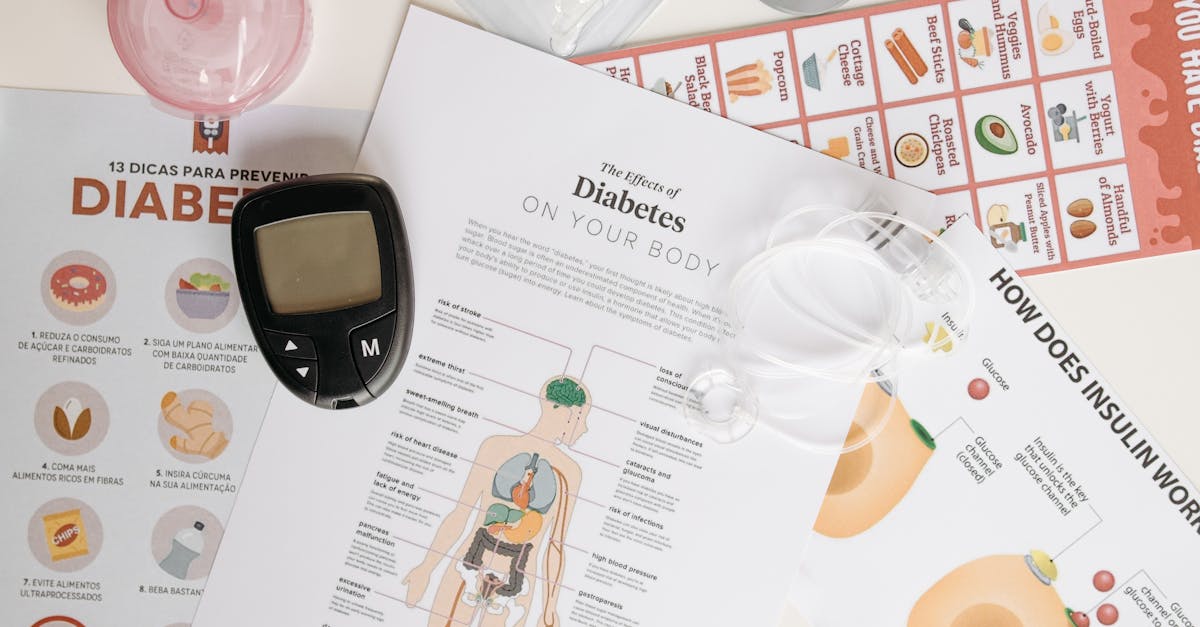Effective Strategies for Managing Migraines
Introduction to Migraine Management
Migraines can be debilitating, affecting millions worldwide and significantly impacting daily life. These intense headaches are often accompanied by symptoms such as nausea, sensitivity to light, and vomiting. Understanding what triggers these attacks can be essential in managing them effectively. While there's no cure, effective management strategies can help reduce the frequency and severity of migraines. This article aims to provide valuable insights into practical remedies and strategies to relieve migraine symptoms. With the right approach, it is possible to regain control over your life and minimize the disruptions caused by migraines.
Advertisement
Identifying Your Migraine Triggers
A crucial step in managing migraines is identifying potential triggers. Common physical triggers include sleep deprivation, dehydration, or changes in weather. Dietary triggers such as caffeine, alcohol, and certain foods can also induce migraines. Keeping a migraine diary can help you track patterns and uncover potential causes. Once identified, avoiding or minimizing exposure to these triggers can significantly reduce migraine frequency. Collaborating with healthcare professionals can offer further insights into personalized trigger management strategies.
Advertisement
The Importance of a Healthy Lifestyle
Embracing a healthy lifestyle is vital for overall well-being and migraine prevention. Regular physical activity, such as yoga or walking, can promote better circulation and reduce headache frequency. A consistent sleep schedule aids in avoiding migraines related to sleep disturbances. Eating a balanced diet rich in fruits, vegetables, and whole grains supports brain health and reduces the likelihood of migraines. Stress management through techniques like meditation can also contribute to fewer headache days. A holistic approach can go a long way in providing relief from migraines.
Advertisement
Over-the-Counter Solutions
For many migraine sufferers, over-the-counter (OTC) medications can offer quick relief. Non-prescription pain relievers such as acetaminophen and ibuprofen can help alleviate mild to moderate headache symptoms. However, it's essential to follow dosage instructions, as overuse may lead to rebound headaches. Many individuals have also found relief using OTC topical treatments, such as menthol gels, applied to areas like the temples. While OTC remedies can be beneficial, they should be part of a broader migraine management plan.
Advertisement
Exploring Prescription Medications
When migraine symptoms persist despite lifestyle changes and OTC options, prescription medications may be warranted. There are various types of prescription drugs available, such as triptans and ergotamine derivatives, both effective at stopping migraines once they start. Preventative medications, including beta-blockers and anti-seizure drugs, can be prescribed to reduce the frequency of migraines. Consulting with a healthcare provider can help determine the most appropriate medication tailored to your specific needs, maximizing migraine relief.
Advertisement
Innovative Migraine Treatments
Beyond traditional treatments, new and innovative options have emerged for managing migraines. Devices that use electrical stimulation, like transcranial magnetic stimulation (TMS), offer promising non-invasive relief for some individuals. Other options include biofeedback therapy, which teaches patients to control bodily functions such as heart rate, thus reducing headache severity. The advent of monoclonal antibodies, a new class of drugs, has also shown effectiveness in preventing chronic migraines. These developments represent a growing array of choices for personalized migraine treatment.
Advertisement
Natural Remedies and Alternative Therapies
For those seeking a natural approach, several herbal supplements and holistic therapies may provide relief. Supplements like magnesium, riboflavin, and feverfew have shown promise in reducing migraine symptoms for some individuals. Practices such as acupuncture and chiropractic care may also be beneficial, potentially decreasing both the frequency and intensity of headaches. It's essential to discuss these alternatives with a healthcare professional to ensure they complement other treatment plans and suit your unique needs.
Advertisement
The Role of Proper Hydration and Nutrition
Adequate hydration is crucial in preventing dehydration-induced migraines. Drinking water throughout the day is fundamental, particularly during strenuous activities or hot weather. Nutritionally, abstaining from skipping meals and maintaining a balanced diet can stabilize blood sugar levels, thus minimizing headache risks. Foods rich in omega-3 fatty acids, like fish, and foods low in processed sugars are recommended for their anti-inflammatory and headache-preventive properties. Awareness of dietary habits is a simple yet effective strategy in migraine management.
Advertisement
Building a Support System
Managing migraines, especially chronic ones, can be challenging, making emotional and social support invaluable. Educating family and friends about the nature of migraines can foster a supportive environment. Joining a local or online migraine support group can also provide companionship and shared experiences, further alleviating the emotional burden. Support systems can be instrumental in navigating the complexities of migraine management and enhancing the overall quality of life.
Advertisement
Conclusion
Managing migraines effectively involves a multi-faceted approach. By identifying individual triggers and integrating lifestyle adjustments, many sufferers can reduce migraine frequency and intensity. Modern medicine offers both traditional and innovative treatments tailored to individual needs. Furthermore, exploring natural remedies, maintaining proper hydration, and having a reliable support system contribute significantly to overall management. Comprehensive migraine management not only provides relief but empowers individuals to lead fuller, more confident lives.
Advertisement


